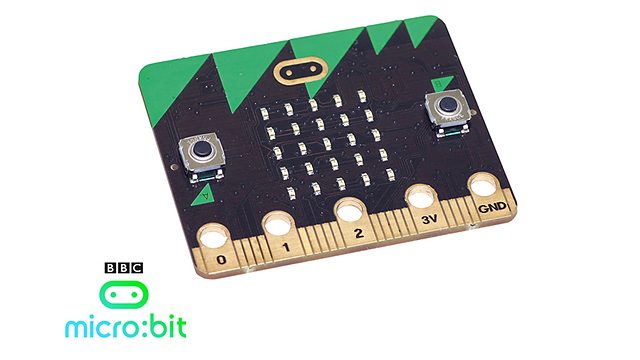BBC on Tuesday announced the launch of the new pocket-sized, codeable computer dubbed Micro:bit that will be distributed to around one million 11 to 12 year-old UK schoolchildren as part of the corporation’s 2015 ‘Make it Digital initiative.’
BBC’s Make It Digital initiative is aimed at arousing youngsters’ interest in coding and programming in a bid to meet an expected skills shortage of some 1.4 million in Britain’s digital sectors over the next five years.
Micro:bit, which is similar to the Raspberry Pi microcomputer, will be given free to every child in year 7 or equivalent across the UK from October. The pocket-sized device measures 4x5cm and features two programmable buttons, a built-in motion sensor, an array of programmable LED lights, a built-in compass or “magnetometer,” and five input-output rings. Micro:bit also features blue tooth technology that will allow children to pair it to their phones, cameras and other connected devices.
The BBC claims that children will be able to use the device to write simple code via a new website, which will be used on both PCs and mobile devices. The corporation will also launch an online simulator ahead of teachers being given the computers in September.
The BBC is launching the devices in collaboration with a host of tech giants, including Microsoft, Samsung, ARM, Barclays, element14, Freescale, Lancaster University and Nordic Semiconductor.
“We happily give children paint brushes when they’re young, with no experience – it should be exactly the same with technology. The BBC Micro Bit is all about young people learning to express themselves digitally, and it’s their device to own,” said Sinead Rocks, Head of BBC Learning.
“And as the micro:bit is able to connect to everything from mobile phones to plant pots and Raspberry Pis, this could be for the internet of things what the BBC Micro was to the British gaming industry.”
Derrick McCourt, general manager, public sector for Microsoft UK, said “We don’t really know what kids are going to do with it … the exciting thing for us is that out of year seven, the next Bill Gates could come.”
Once the device is rolled out to UK’s schoolchildren, the BBC also plans to make the Micro Bit available for purchase at an as-yet undisclosed price and make its specifications open source.

